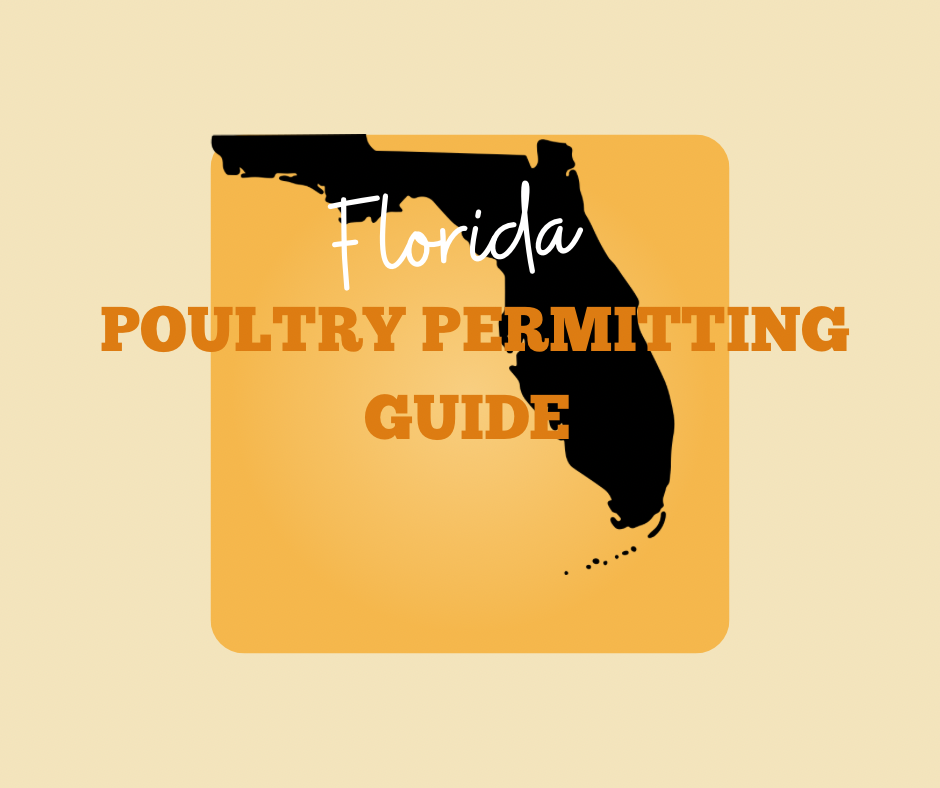For many people, the joy of having a cat is accompanied by an unwelcome side effect: allergies. The culprit behind most cat allergies is a protein called Fel d 1, which is produced primarily in a cat’s salivary and sebaceous (skin) glands. When cats groom themselves, Fel d 1 is transferred to their fur and skin, and it becomes airborne, leading to allergic reactions in humans. Sneezing, itchy eyes, and even asthma symptoms are common responses to this protein. While regular grooming and air filtration can help reduce the allergen load in a home, recent studies indicate that specific dietary interventions—particularly with the inclusion of egg-derived proteins—may significantly reduce Fel d 1 production and, consequently, allergy symptoms.
Understanding Fel d 1 and Its Impact on Human Health
Fel d 1 is a complex protein allergen, and it is estimated that up to 95% of people with cat allergies are sensitive to it. According to Woodfolk et al. (2016), this protein is particularly allergenic because of its stability and small size, which allows it to linger in the air and adhere to surfaces in the home. Reducing Fel d 1 production has long been a challenge for pet owners, as it is naturally produced by all cats, regardless of breed or age.
Recent approaches have focused on diet as a potential way to reduce the amount of Fel d 1 present in the home environment. Among the most promising dietary modifications is the inclusion of immunoglobulin Y (IgY), a protein found in egg yolks. This egg-derived protein, specifically developed to target Fel d 1, is now a featured component in some commercial cat food products designed to help allergy sufferers and their feline companions coexist more comfortably.
The Role of Immunoglobulin Y (IgY) in Reducing Fel d 1 Levels
Immunoglobulin Y, or IgY, is a type of antibody found in bird eggs, particularly chicken eggs. In animal nutrition, IgY has been studied for its potential to bind specific proteins, neutralizing them and reducing their impact. According to a study published by Satyaraj et al. (2019) in the journal Veterinary Immunology and Immunopathology, a specially formulated IgY protein added to a cat’s diet can effectively bind to Fel d 1 in the cat’s saliva, reducing the protein’s allergenic effects when transferred to the fur during grooming.
The mechanism is relatively straightforward: the IgY antibodies from eggs are designed to specifically recognize and bind to Fel d 1. Once bound, Fel d 1 is less likely to cause an immune response in humans. Additionally, the antibodies do not harm the cat, as they work passively by neutralizing the allergen rather than altering the cat’s natural physiology. By consistently feeding cats a diet that includes IgY, pet owners may see a reduction in Fel d 1 levels within just a few weeks, according to clinical trial results from studies cited by Satyaraj et al.
Practical Benefits of Egg-Enhanced Diets for Allergy Management
Implementing an IgY-enhanced diet for cats offers several practical benefits for allergy sufferers. Unlike environmental interventions, such as using HEPA filters or frequent vacuuming, dietary adjustments offer a proactive, internal approach to reduce allergen levels. When cats consume IgY-enriched foods, the process of allergen reduction begins before Fel d 1 ever leaves the cat’s body. Consequently, Fel d 1 exposure is minimized at the source.
A study published by the Journal of Feline Medicine and Surgery (2020) found that cat owners reported significant improvements in their allergy symptoms after feeding their cats IgY-based diets for six weeks. In addition to the reduction in symptoms, these dietary changes provided a simpler, more manageable alternative to intensive cleaning routines and over-the-counter allergy medications.
Challenges and Considerations in Implementing an IgY Diet for Cats
While the research on IgY-enhanced diets is promising, there are some considerations to bear in mind. Not all cats may respond the same way to dietary changes, and some cats may experience digestive issues or sensitivities with new foods. Veterinarians generally recommend gradually introducing new foods to a cat’s diet to minimize the risk of adverse reactions. Additionally, as with any emerging intervention, long-term studies are still needed to assess the sustained impact of IgY on Fel d 1 reduction over the life of a cat.
It’s also essential to recognize that while an IgY-based diet may help reduce allergy symptoms, it may not eliminate them entirely. People with severe cat allergies may still need to employ a combination of strategies, such as air purifiers and regular grooming, alongside the dietary intervention. Consulting with both a veterinarian and an allergist can help ensure the best possible outcomes.
Future Directions and Potential for Broader Applications
As more research is conducted, scientists hope to refine IgY formulations to improve efficacy and reduce costs, making this approach accessible to more pet owners. Additionally, some researchers are exploring other dietary proteins and ingredients that might further inhibit Fel d 1 production or neutralize it more effectively. As the science of pet nutrition advances, dietary solutions like IgY represent a promising frontier in managing pet-related allergies.
Conclusion
For cat owners who suffer from allergies, feeding a diet containing specific egg proteins like IgY may provide a valuable tool for reducing Fel d 1 allergens and creating a more comfortable home environment. With support from recent studies and growing availability of IgY-enhanced cat foods, this approach has the potential to help millions of allergy sufferers coexist more comfortably with their feline companions.
References
Satyaraj, E., Gardner, C., Filipi, I., Cramer, K., & Sherrill, S. (2019). Reduction of active Fel d1 from cats using an egg product ingredient. Veterinary Immunology and Immunopathology, 212, 12-18. doi:10.1016/j.vetimm.2019.04.001
Woodfolk, J. A., Platts-Mills, T. A., & Chapman, M. D. (2016). Allergens from mammals: Impact on indoor air quality. Journal of Allergy and Clinical Immunology, 138(2), 384-390. doi:10.1016/j.jaci.2016.05.010
Journal of Feline Medicine and Surgery (2020). Efficacy of IgY-based diet in reducing allergen load in cats’ fur and saliva. Journal of Feline Medicine and Surgery, 22(4), 339-347.










